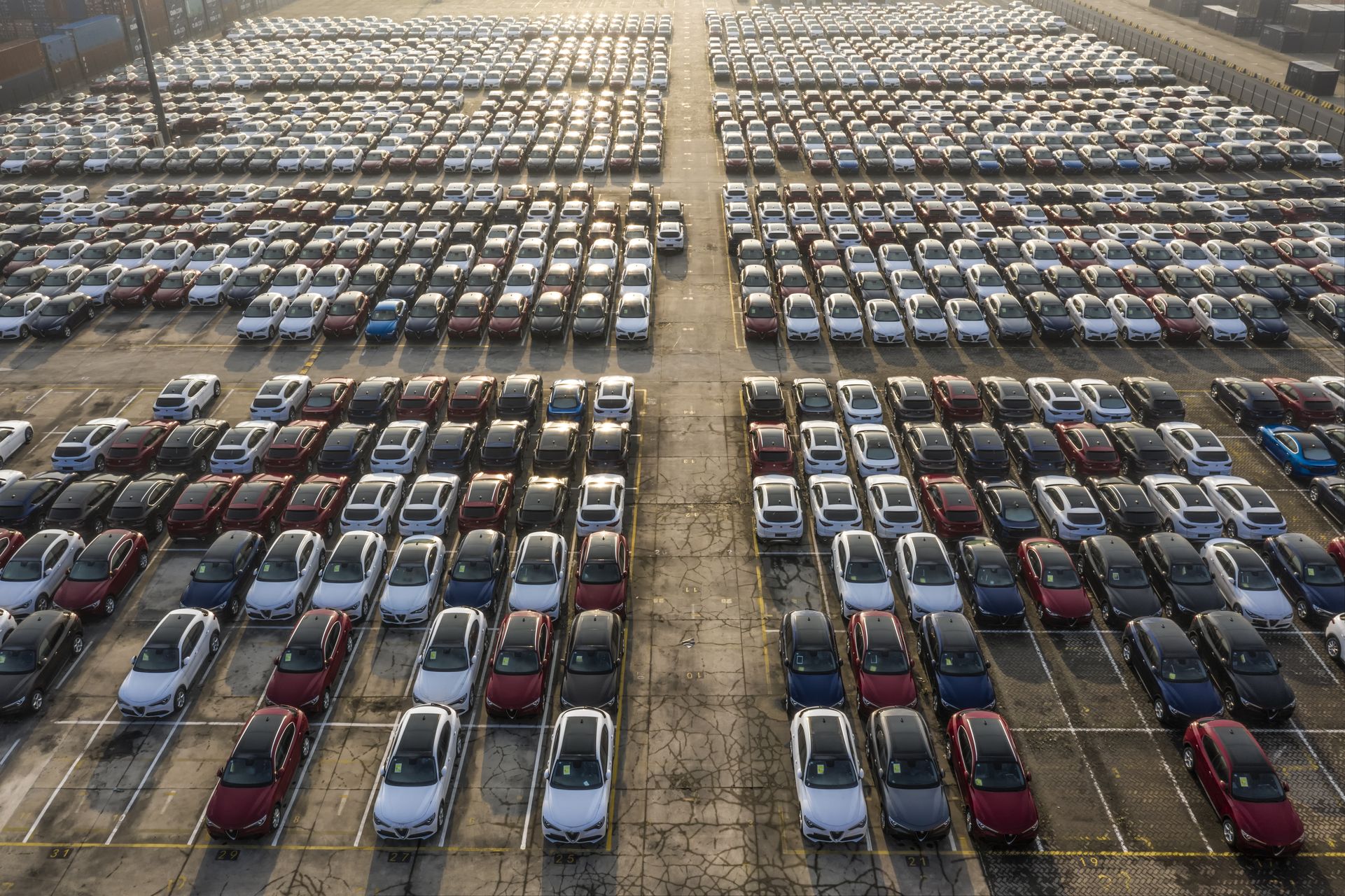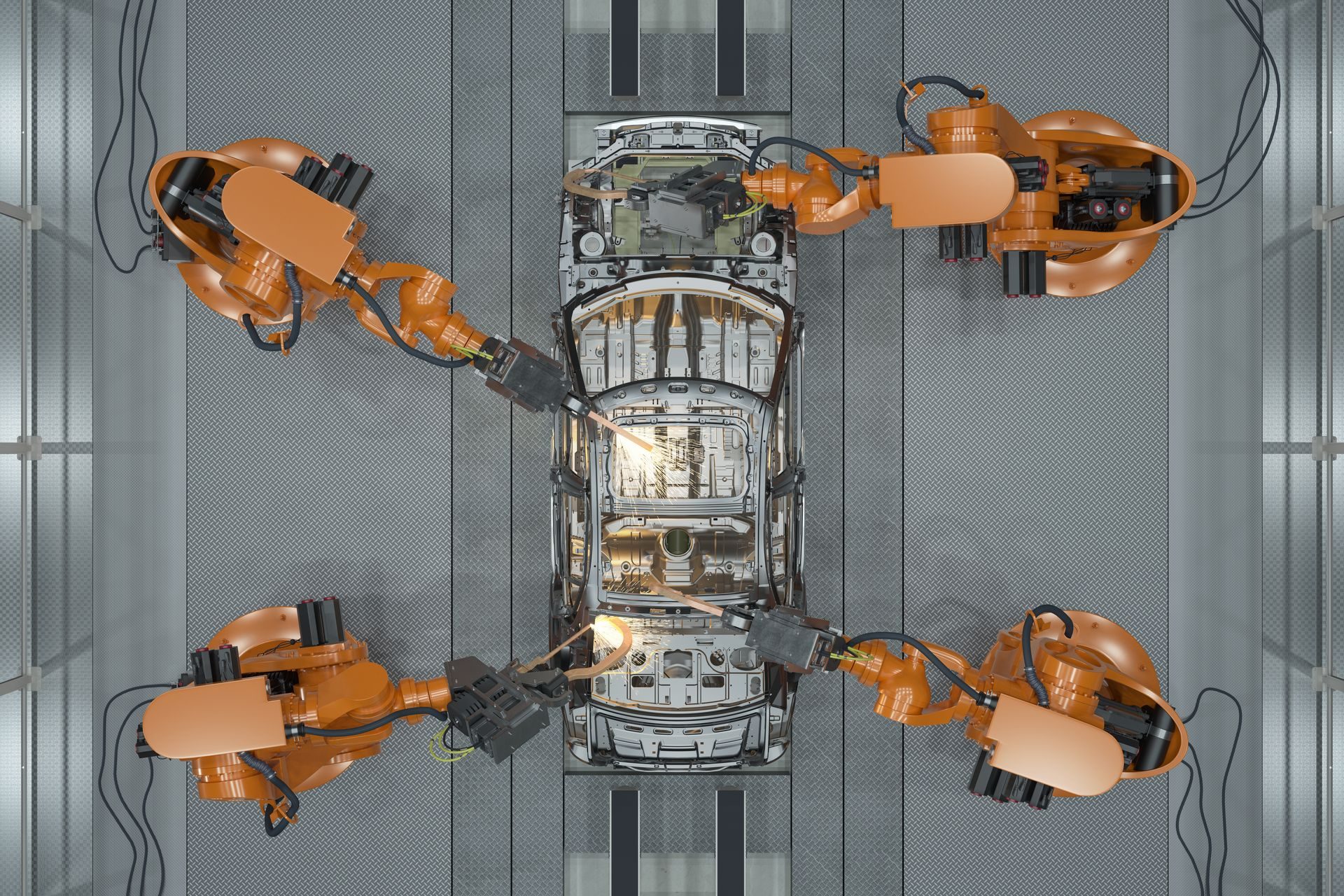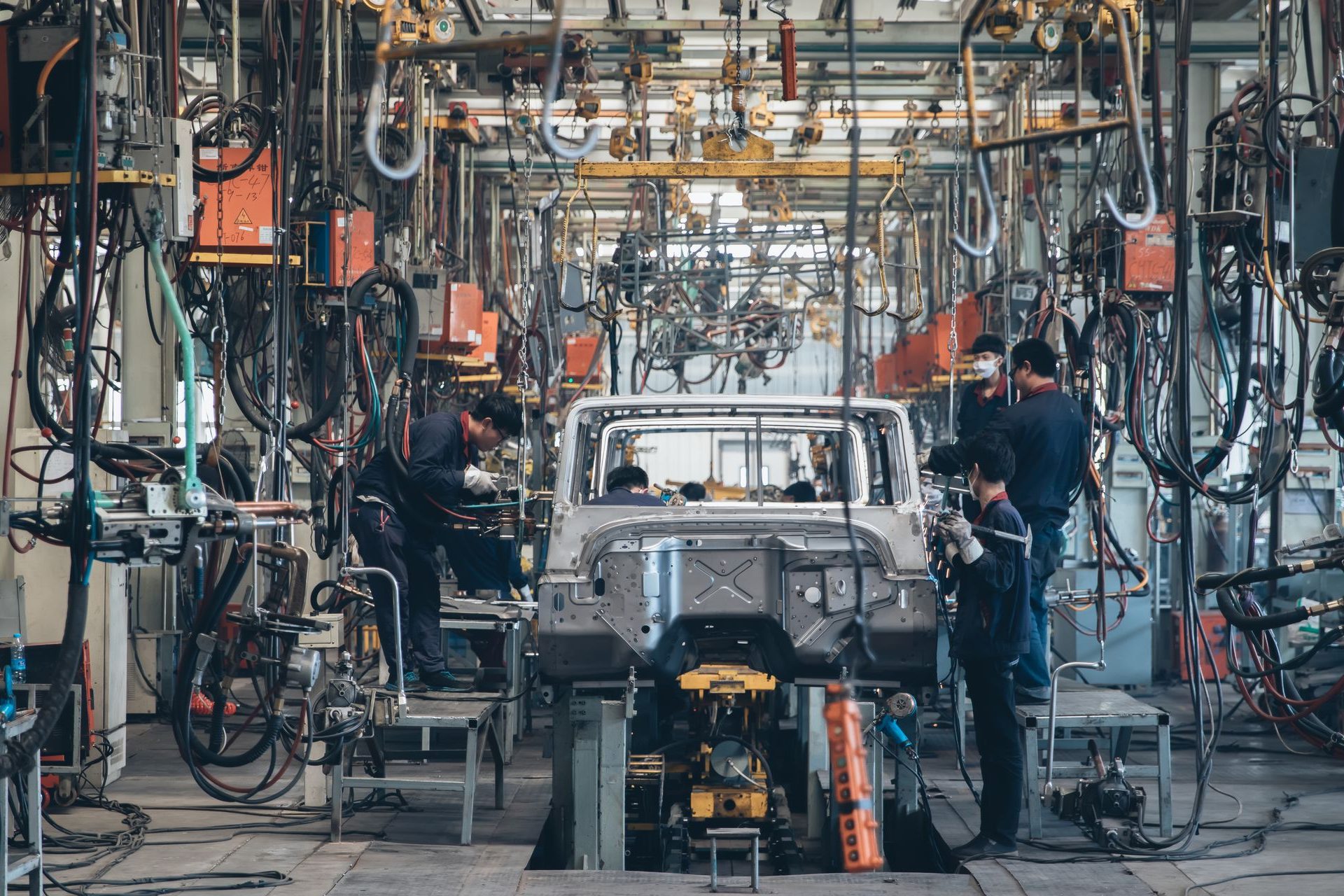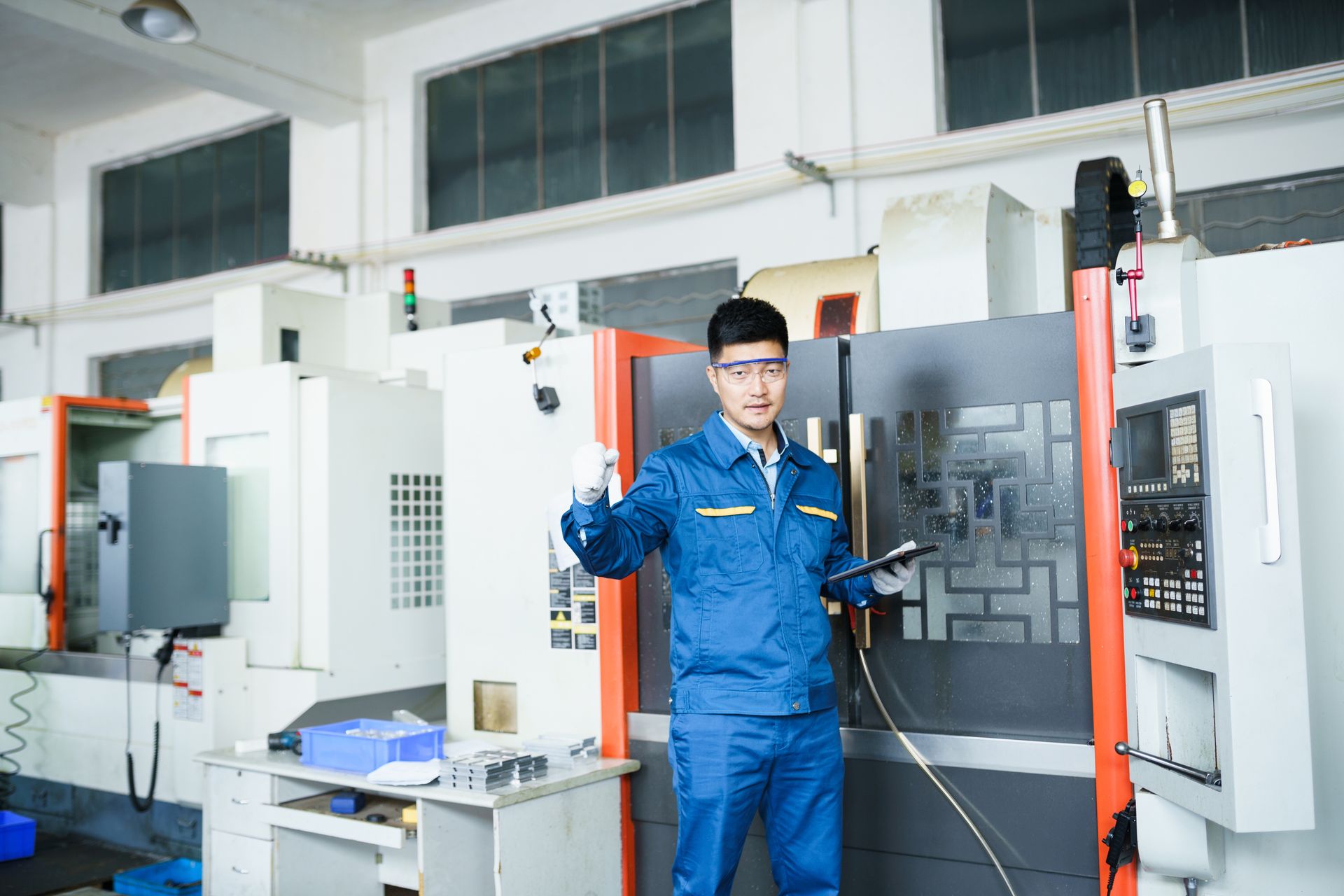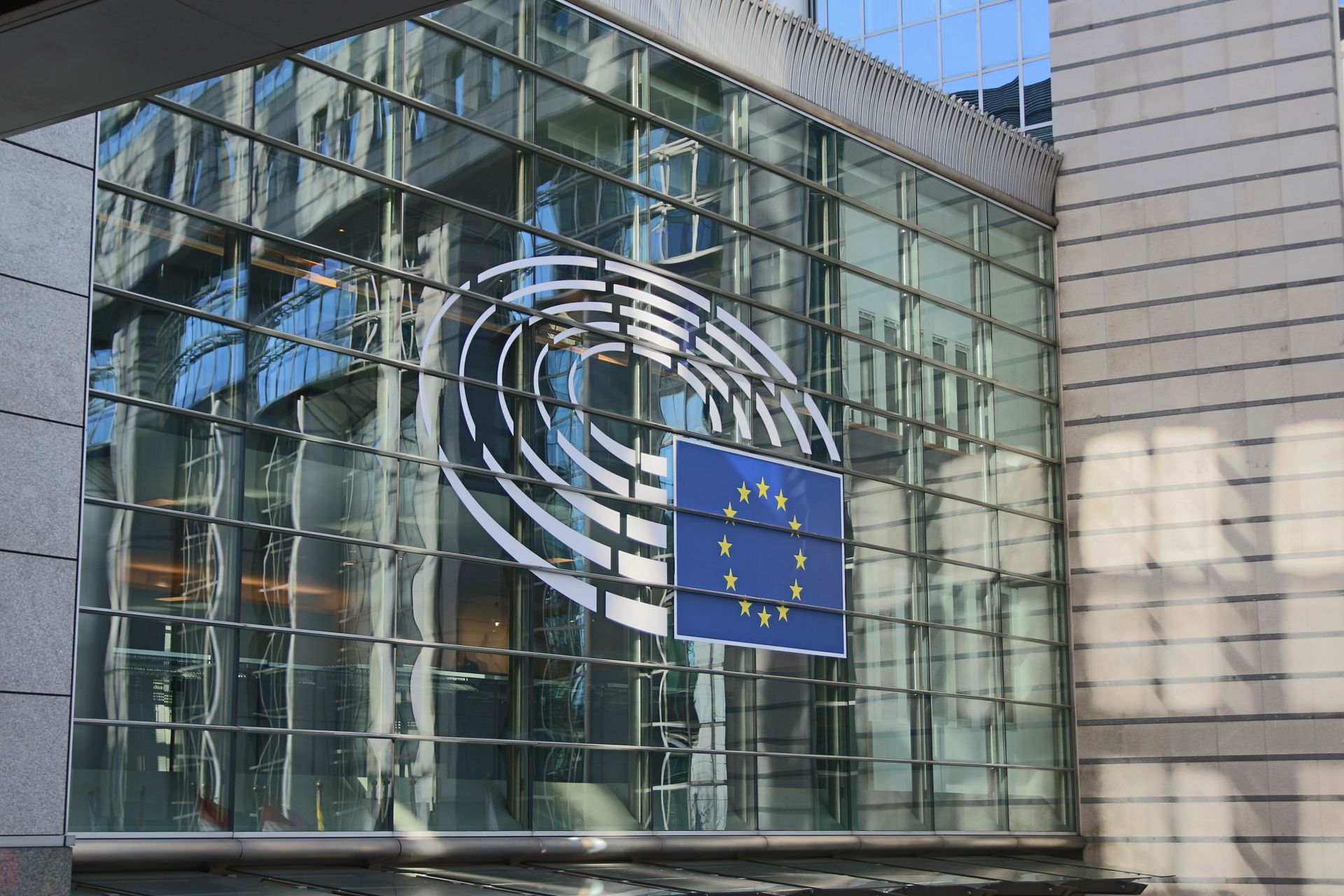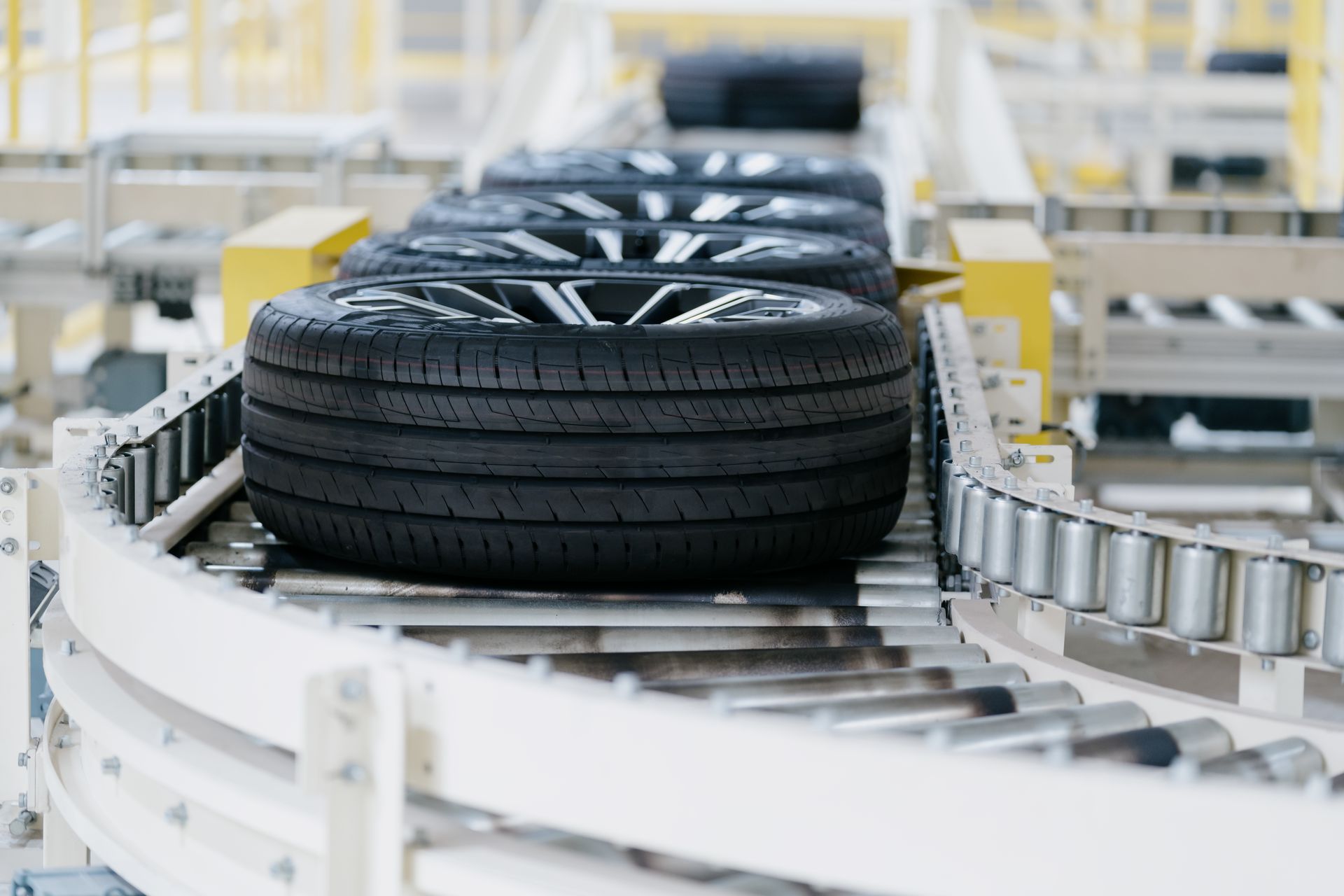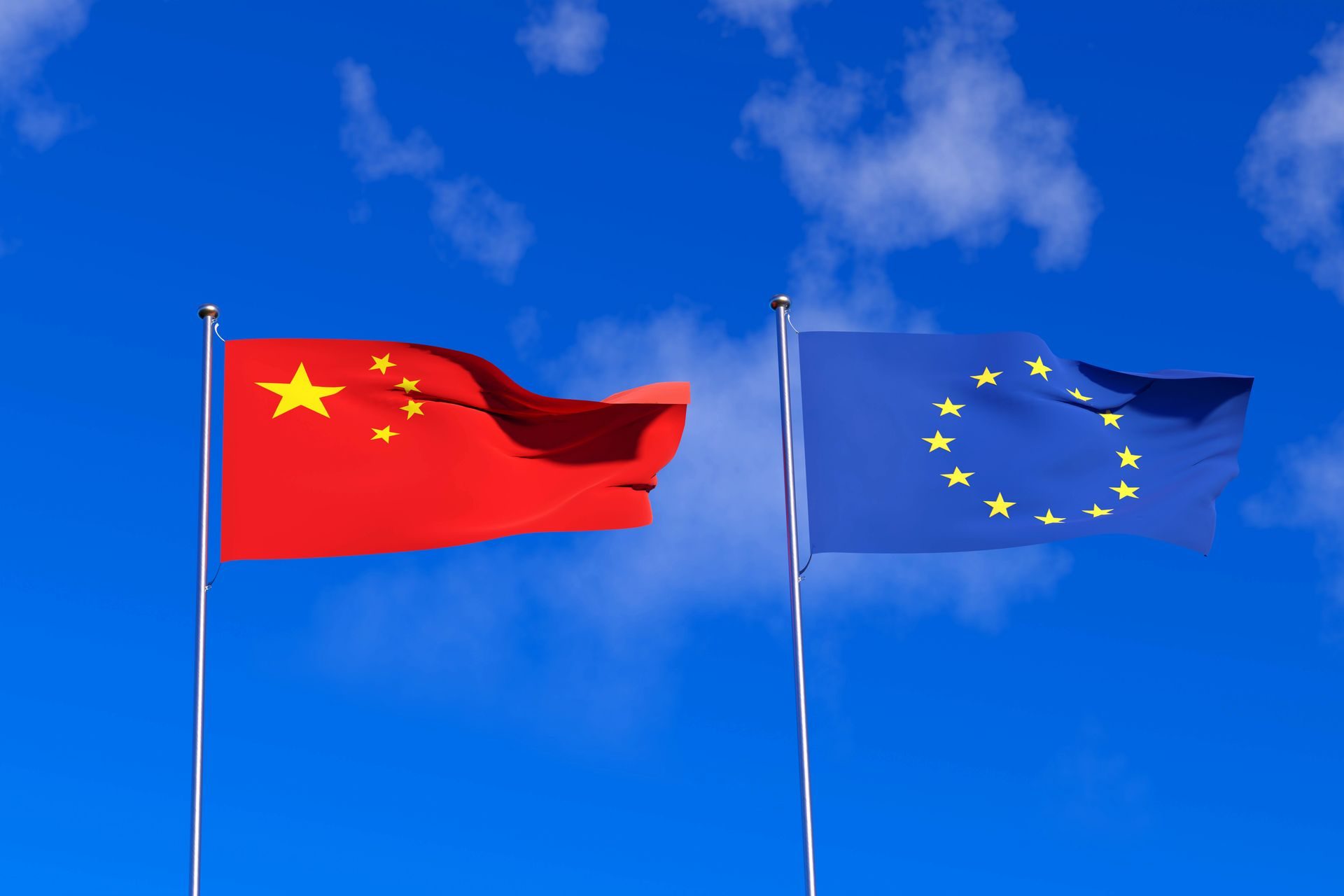The rise of Chinese electric cars: a threat to Europe?
There is panic in the European automobile market! Chinese electric vehicles are causing a sensation on the old continent. How has Europe reacted to this trade offensive? And what is behind the Chinese success?
According to the European Commission, the market share of Chinese brands in Europe was 8% in 2022, twice as much as in 2021.
@Christian Lue / Unsplash
If the current trend continues and this is not a temporary phenomenon, this value could reach 15% by 2025.
If you were used to European, American or Japanese brands, you will soon see more and more BYD, Aiways, SAIC, Geely or Byton on the streets.
According to Sigrid de Vries, director general of the European Automobile Manufacturers Association, quoted by Euronews, China "has its eyes on the European market, with the potential to fundamentally raise the profile of European industries as we know them change."
"It appears that China's strategic decision to invest early and along the value chain is paying off," added the head of the European automotive lobby.
This surge in Chinese electric cars comes in a particular technological context for Europe, where the sale of internal combustion engine vehicles will be banned from 2035.
In addition to abandoning the internal combustion engine, the European market is attractive for Chinese manufacturers primarily due to the low tariffs on imported cars: 10% in the Old Continent, compared to 27.5% in the USA.
Aware that it cannot compete with Western and Japanese companies in internal combustion engine vehicles, China has decided to focus exclusively on electric cars.
A decision made easier by China's leading position in the raw materials needed to produce batteries, such as lithium, cobalt or nickel.
Thanks to massive investments, manufacturers in China have managed to produce vehicles of a quality comparable to the competition in just a few years.
Lower labor costs in China allow final products to be sold at much more competitive prices, making it easier to enter foreign markets.
But are these attractive prices for consumers only due to the low production costs? The European Commission does not agree and suspects massive state aid for Chinese industrial companies.
@Guillaume Périgois / Unsplash
In her recent State of the European Union speech, Commission President Ursula von der Leyen unexpectedly announced the opening of a commercial investigation into Chinese electric cars.
The politician quoted by Euronews said that prices for Chinese electric cars are "being kept artificially low by huge public subsidies."
This policy by Beijing would have a detrimental impact on European companies that do not receive the same aid from their governments.
“And just as we do not accept this distortion within our market, we do not accept it from outside either,” von der Leyen added.
@Antoine Schibler / Unsplash
An investigation is necessary to shed light on China's supposedly unfair practices because the financial aid is difficult to understand and comes in different types: concessional loans, tax breaks or even direct subsidies.
Chinese authorities moved quickly against what they see as a form of protectionism. This approach "will have a negative impact on economic and trade relations between China and the European Union," official comments from Beijing said, according to The Gallery.
In any case, the results of the investigation could lead to an increase in tariffs. At LCI, the European Commissioner for the Internal Market, Thierry Breton, recalled that this type of investigation “often leads to an increase in tariffs of 10 to 20%”.
This increase in tariffs would also affect cars manufactured in Chinese factories by European or American companies.
Whatever the final decision, this episode is a reminder that trade relations between Europe and China are increasingly strained. The coming months will be crucial for the European future of the Chinese automotive industry!
More for you
Top Stories



